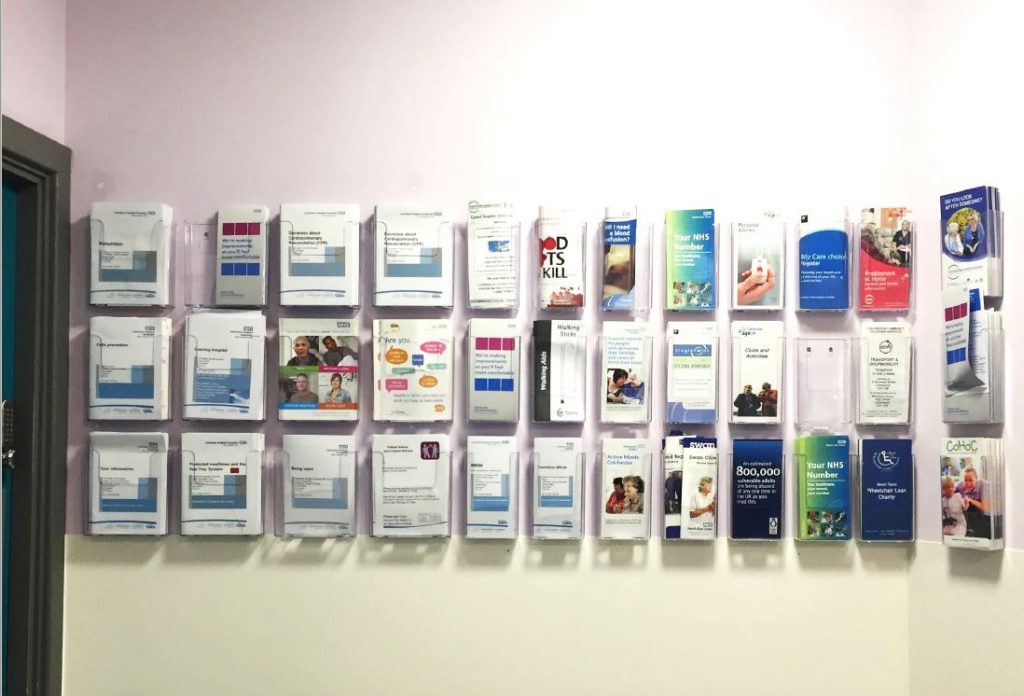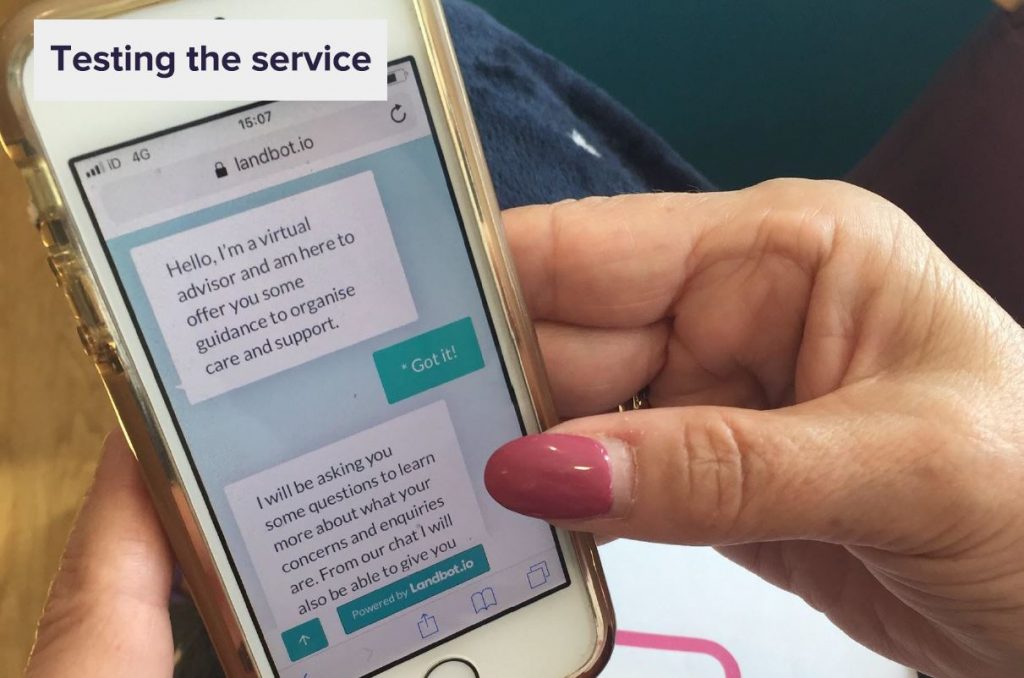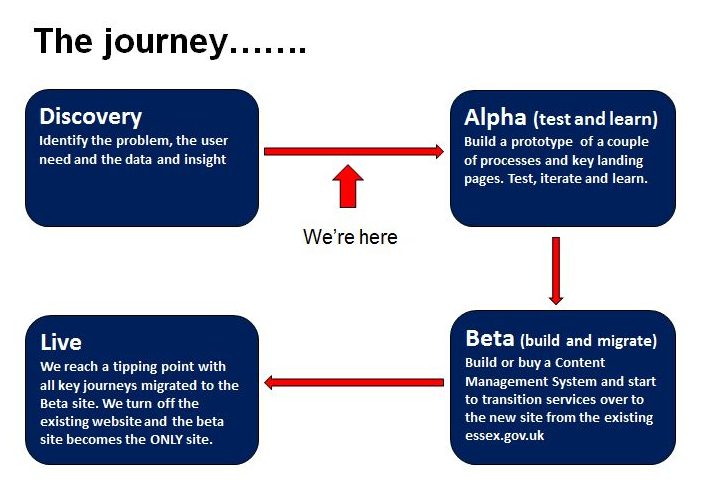In a previous post we talked about why we do show and tells. We know that not everyone can get to our Wednesday morning sessions, so we’re posting a quick summary here. It’s still much better to be there in person if you can, as the conversation and connection around the presentations is where the magic happens!
At this Wednesday’s session we heard an update from 3 ongoing pieces of work:
- Amy Ricketts from FutureGov presented an update on the Adult Social Care 'Organise Care and Support' alpha digital service
- Helen West presented an update on the essex.gov.uk website alpha
- Christopher Babajide presented an update on his work around web analytics
Organising care and support
FutureGov have been working to design, prototype and test a truly digital, user centred adult social care service in Essex. The service aims to solve the problem that people don’t always know where or how to start organising care or support for themselves or for members of their family.
After highlighting the problem by showing pictures of a wall full of leaflets and a long list of similarly-named services, Amy shared some of the main themes from the research. She also shared some statistics around the impact of this problem, which includes poor outcomes, delays, readmissions to hospital and increased cost.

Amy went on to share the vision for the prototype service which is: “Everyone who needs to organise care or support, feels confident and equipped to start doing so”.
After showing some personas that were created to describe some of typical users of a service like this, Amy got us all out of our seats and walked us through the proposed service experience. This helped us to understand at which points in the customer journey the service might be most effective, and how it might contribute to a better user experience.
Next we saw a live demo of the service prototype, an automated conversation with a ‘virtual advisor’ that asks you a series of questions and responds with information or signposting to the most appropriate support. The tool has been prototyped for mobile and desktop use, and could be used by the patient or a family member or carer to help improve their knowledge of the available care options.

Amy also talked through what had been learned from the initial testing with potential service users, including some valuable insights into people’s:
- ability to prioritise and think about arranging care whilst in hospital
- attitudes to ‘robots’ and automated services
- ability to use technology, and how introducing it in the right way can help
- preference for informal language, although even in short form they can find the content a bit overwhelming
Amy wrapped up her presentation with a summary of the outcomes so far and the deliverables for the initial ‘alpha’ phase of the project, which ends in June.
Alpha.essex.gov.uk
Helen West has recently posted about her work on the next steps for the essex.gov.uk website, and she presented a brief update on progress.
She talked about the ‘phases’ of project development, and the journey from discovery, through to alpha (where we are now), and what we can expect to see as the website project moves through to beta, and eventually onto live once we know we are on the right track.

After detailing the work done so far including content redesign, user research, analysis of what we’re currently measuring and the issues with our current website, Helen moved onto the next steps which include:
- A survey to Essex residents to test their understanding of the services that we provide and learn more about their experience of using the Essex County Council website
- Work to understand how information is organised and the language that is most effective, and the creation of live, clickable prototypes to help test these things
Helen wrapped up by summarising the things we hope to learn during the alpha phase, before we then ask the question, “shall we move to the beta phase”?
A web analytics framework to support data driven decisions
Chris Babajide was up last, and made a compelling case for building a data driven decision-making culture within ECC.
Chris talked about the mistakes people often make when measuring performance with digital tools, and detailed a simple process to get things right. We won’t go into detail here as there’s a separate post from Chris coming soon, but he discussed the process as:
- Define your objectives and goals, clearly identifying the problem
- Define Key Performance Indicators (KPIs) based on your objectives, and identify targets so you know what success looks like
- Implement / customise your web analytics tools based on the framework created in the steps above
- Analyse the data from across your web analytics tools and make recommendations for change
- Take action, based on what you have learned
Chris detailed some of the key findings from an analytics audit he has recently performed on core Essex County Council web properties, and how we will be working to make improvements to the current dashboard and reporting setup, as well as feeding into the alpha.essex.gov.uk project to make sure we get things right at the outset.
So what did we learn?
We’re learning what works well and what doesn’t in our wider show and tell sessions. The presentations felt a little bit rushed so we’re only going to feature 2 main projects in the future, which should enable presenters to relax a little and will give us more time for conversation in and around what we’re seeing.
These sessions are an opportunity to learn about the work of the service design team, and to make connections between the work we are doing and your work. They are open to all, so drop us an email if you’d like to be added to the invitation list and feel free to forward to colleagues.
Leave a comment